Material and compostions. - Materials Science Insights
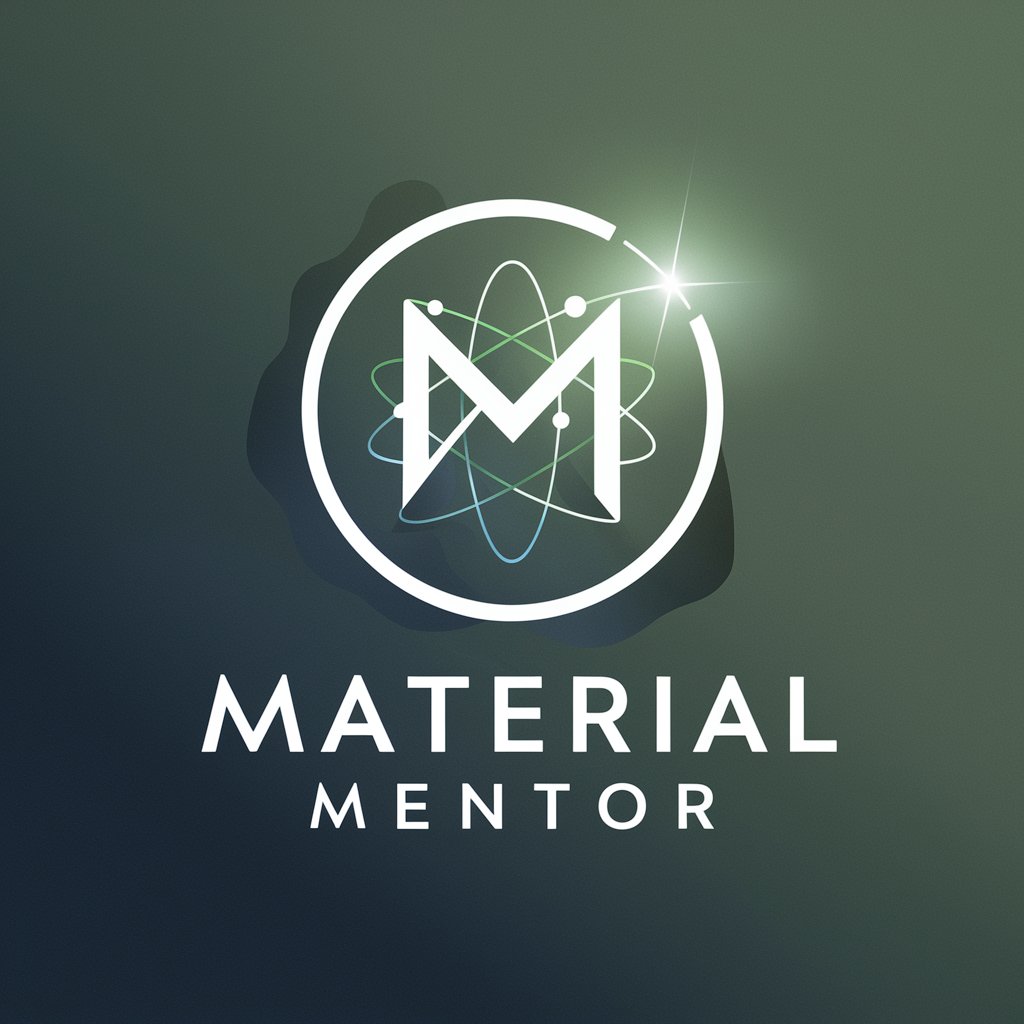
Welcome! Let's explore the world of materials science together.
Unlocking Material Science with AI
Explain the importance of atomic structure in materials science.
What are the key differences between metals, ceramics, and polymers?
How do phase diagrams help in understanding material properties?
Describe the process of diffusion in solids and its significance.
Get Embed Code
Overview of Material Mentor
Material Mentor is designed as a specialized assistant within the field of materials science and engineering, leveraging the comprehensive textbook 'Materials Science and Engineering: An Introduction' by William D. Callister, Jr., and David G. Rethwish as its knowledge base. The primary function of Material Mentor is to provide users with detailed, understandable explanations of materials science concepts, properties of materials, and their applications in various engineering contexts. Through accessible information and examples, it aims to make complex subjects within materials science more approachable for learners and professionals alike. For instance, explaining the atomic structure and properties of metals, ceramics, polymers, and composite materials, and how these properties can be manipulated through processing to suit specific engineering applications. Powered by ChatGPT-4o。

Core Functions and Use Cases of Material Mentor
Educational Support
Example
Assisting students in understanding the crystal structures of metals and how these affect mechanical properties.
Scenario
A materials science student struggling with the concept of dislocation movement and its impact on metal strength uses Material Mentor to gain a clearer understanding, enhancing their study and preparation for exams.
Professional Guidance
Example
Providing insights into material selection for product design, focusing on trade-offs between mechanical properties, cost, and environmental impact.
Scenario
An engineer designing a new bicycle frame consults Material Mentor to explore the use of aluminum alloys versus carbon fiber composites, evaluating each material's weight, strength, and sustainability profile to make an informed decision.
Research Assistance
Example
Offering information on the latest advancements in materials science, such as developments in nanomaterials or biodegradable polymers.
Scenario
A researcher working on developing more efficient solar panels uses Material Mentor to understand the optical properties of various semiconducting materials and their potential impact on solar cell efficiency.
Target User Groups for Material Mentor
Students and Educators
Materials science and engineering students, as well as educators teaching these subjects, will find Material Mentor invaluable for clarifying complex concepts, providing supplemental study materials, and enhancing teaching materials with up-to-date information and examples.
Engineering Professionals
Professionals in fields such as aerospace, automotive, electronics, and biomedical engineering can use Material Mentor to stay informed about material properties, selection criteria, and advances in materials technology, aiding in design and innovation.
Researchers
Academic and industrial researchers focusing on material science and engineering projects will benefit from the detailed information and examples provided by Material Mentor, helping to explore new materials, understand their properties, and apply them in cutting-edge applications.

Guidelines for Using Material Mentor
1
Start by visiting yeschat.ai for a complimentary trial, accessible immediately without the necessity for logging in or subscribing to ChatGPT Plus.
2
Explore the key topics or materials you're interested in by entering specific queries related to materials science and engineering.
3
Utilize the provided information for educational purposes, research, or practical application planning, ensuring to relate the concepts to your specific needs.
4
For complex inquiries, break them down into simpler questions to facilitate a more focused and effective exploration of the subject matter.
5
Engage with the tool regularly to deepen your understanding of materials science, benefiting from its comprehensive database and AI-powered insights.
Try other advanced and practical GPTs
Code Formatter
AI-Powered Python Beautifier
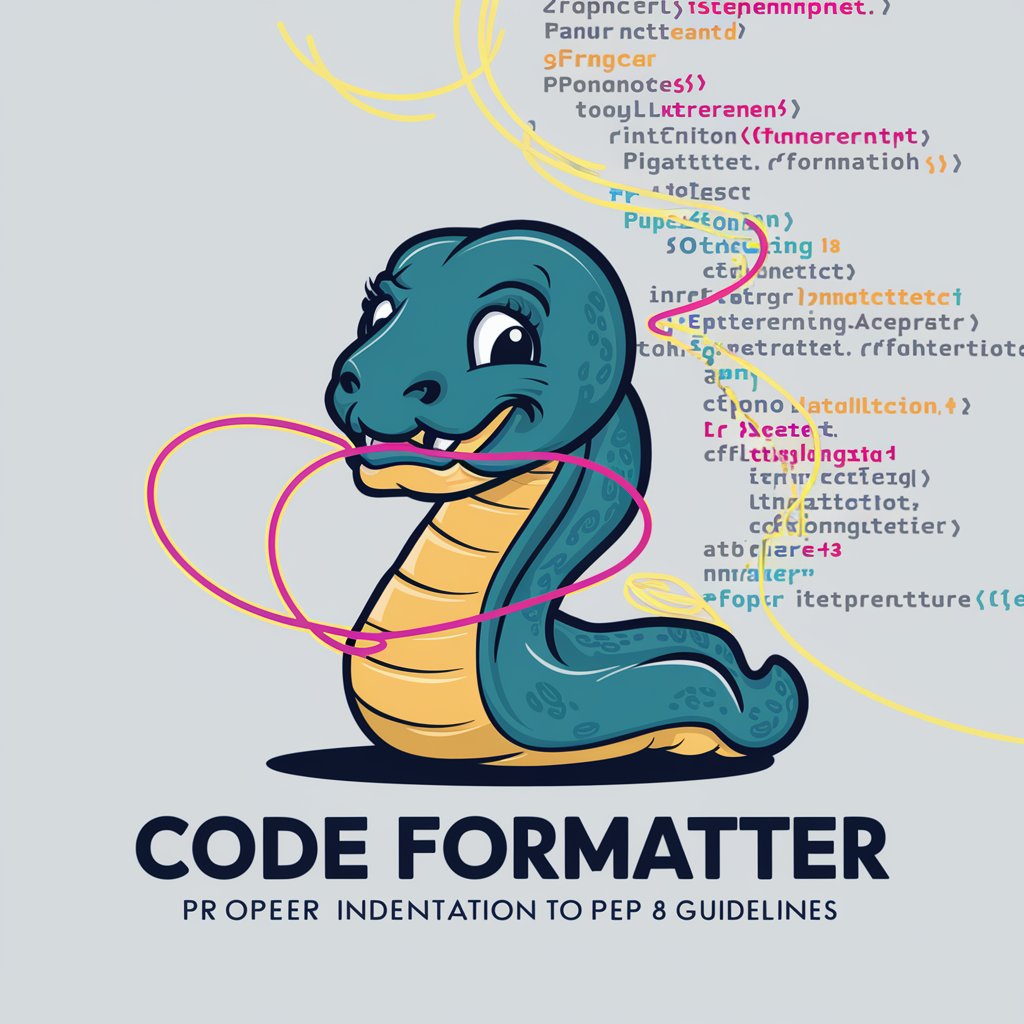
ChatGPT for the Therapist
Empowering Therapists with AI

Editor Bot 9000 - rewrite in your own voice
Elevate Your Writing with AI-Powered Insights
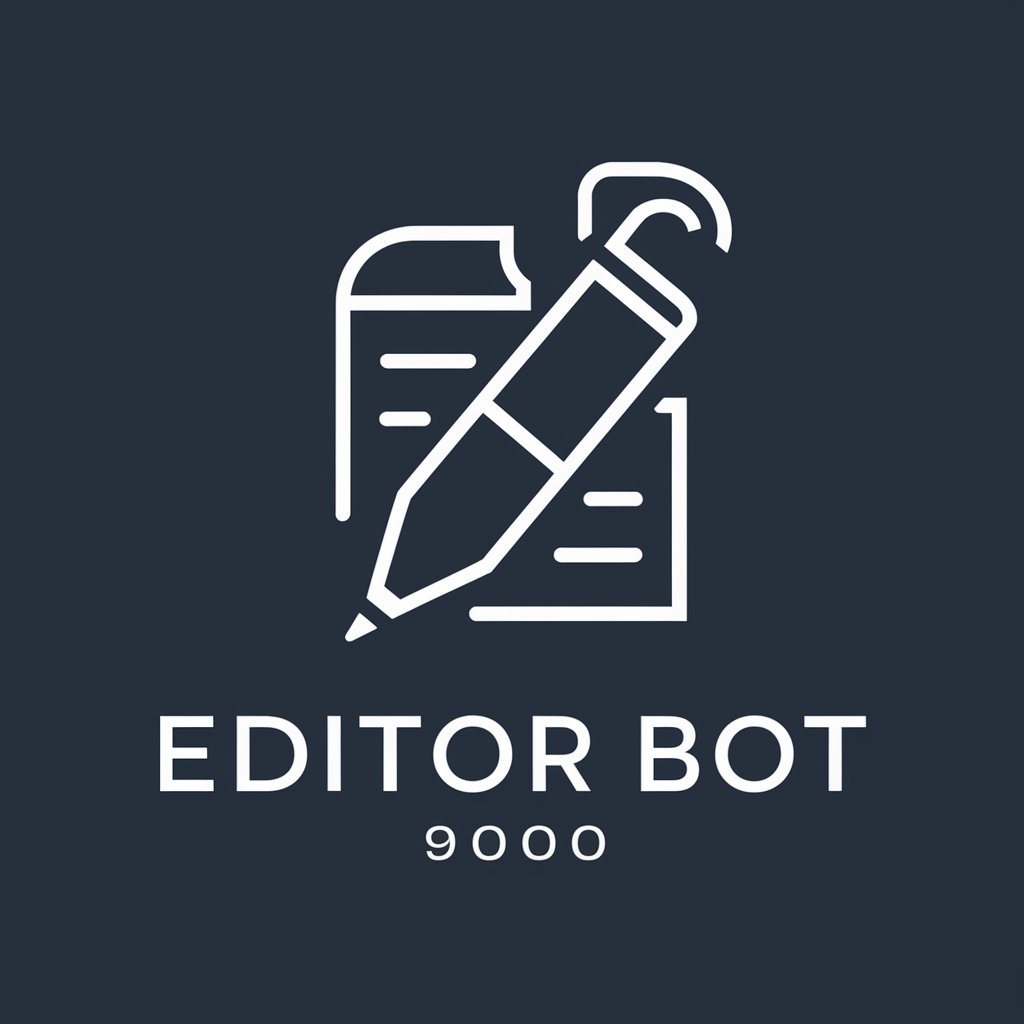
BLUF Builder
AI-Powered Precision in Summarization
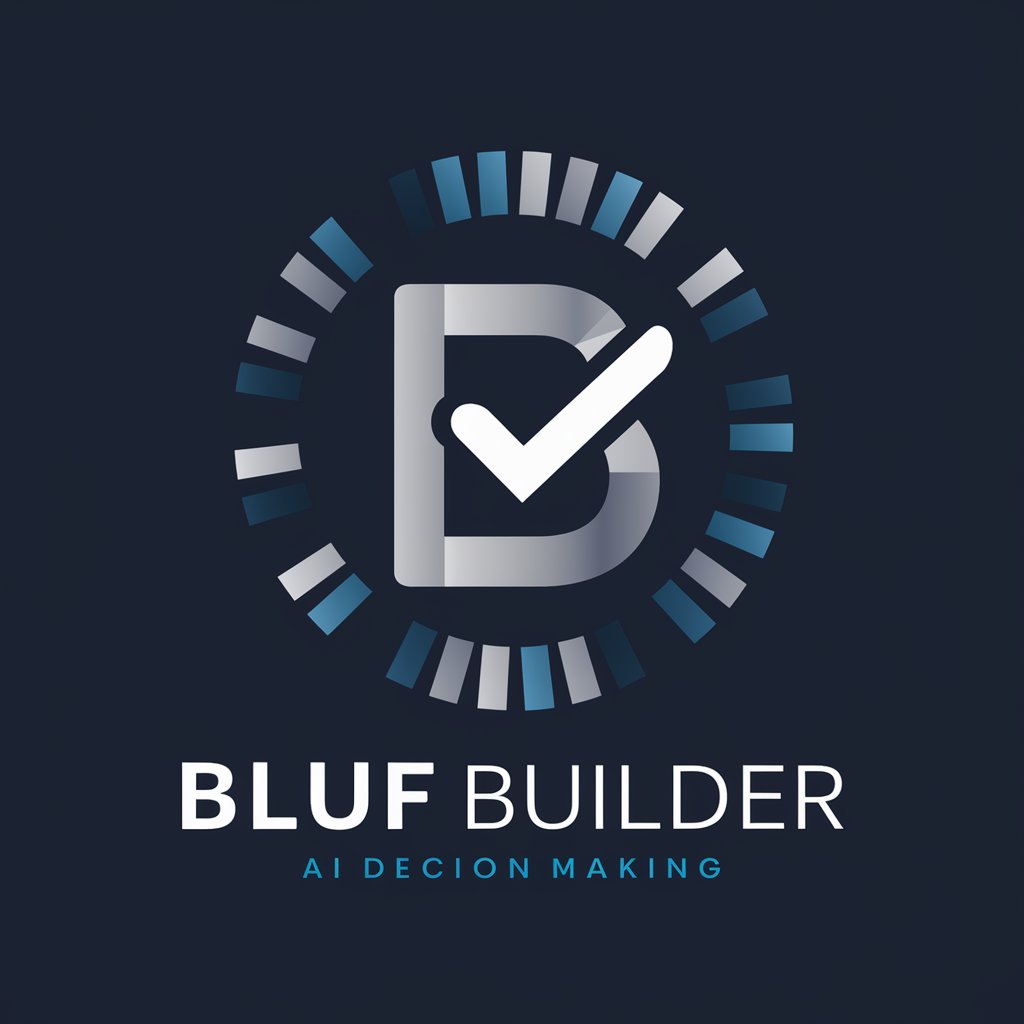
Boys
Nurturing AI for Young Minds

ZodGPT
Automate Your Validation with AI

Law of One
Enlighten your path with AI-powered wisdom.

SheGPVC
Elevating Funds with AI Insight
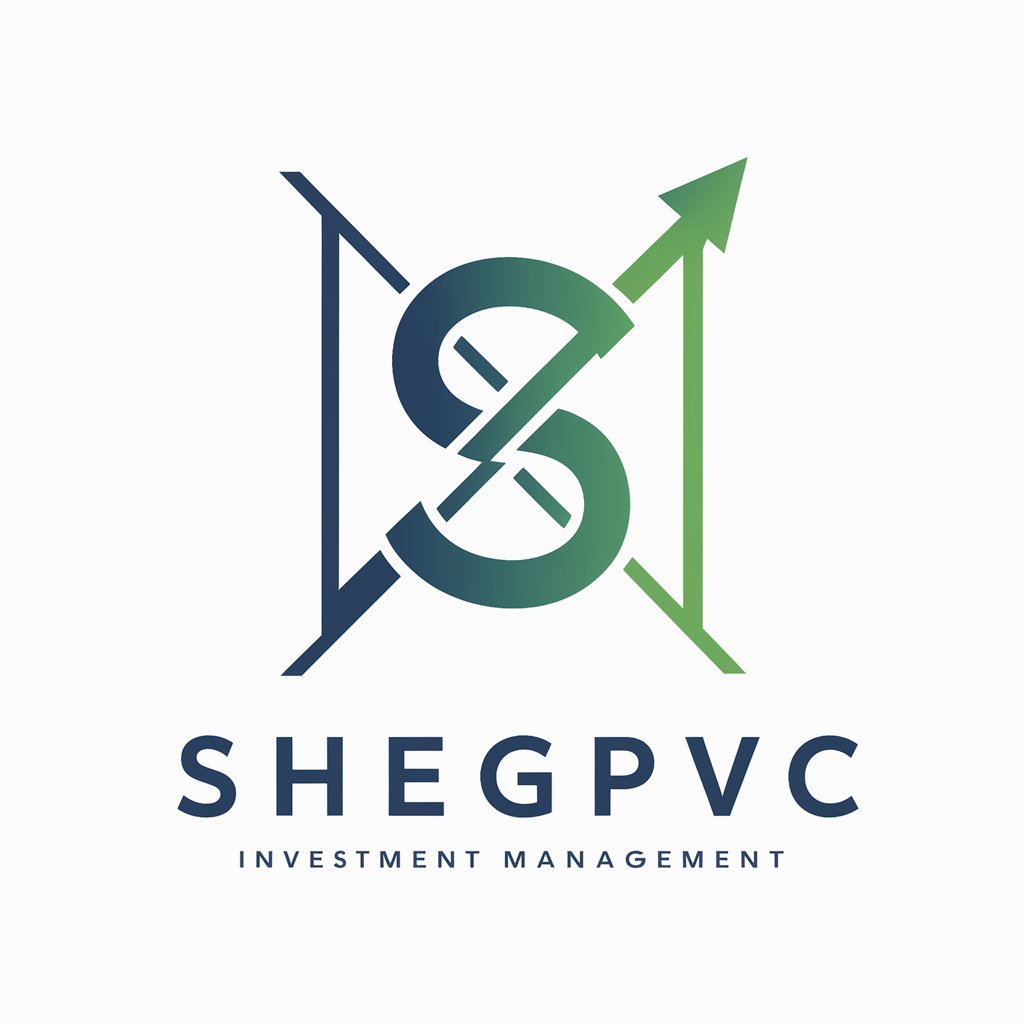
Your College Counselor
Streamlining Your Path to College with AI

Cody
AI-Powered Programming and Architecture Expert
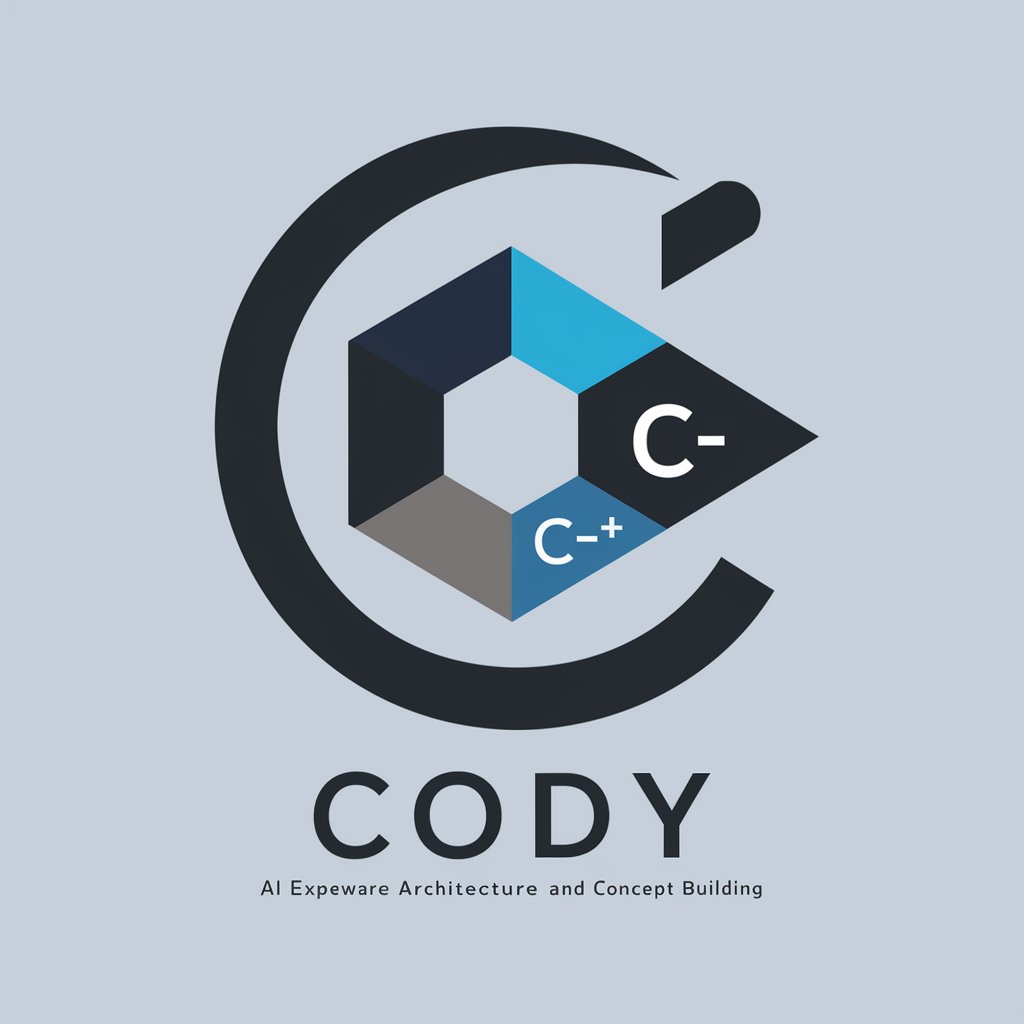
Canuck Prep
Empowering your journey to Canadian citizenship.
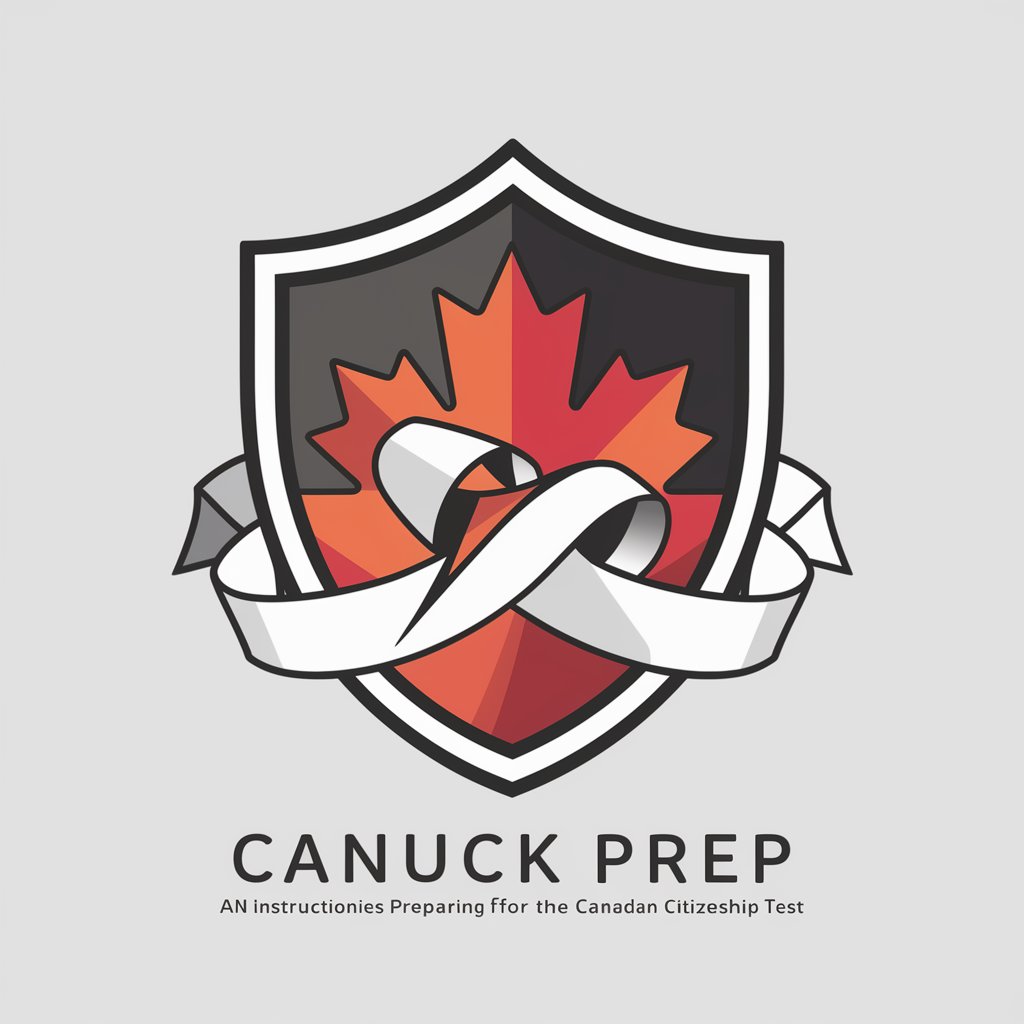
Web Designer
Empowering Design, Enhancing Experience

Frequently Asked Questions about Material Mentor
What is Material Mentor and how does it work?
Material Mentor is an AI-powered tool designed to provide insights and information on materials science and engineering. It works by analyzing queries and retrieving relevant information from a comprehensive database, including textbooks and academic resources.
Can Material Mentor help with academic research?
Absolutely, Material Mentor is an invaluable resource for students, researchers, and professionals seeking detailed analysis and explanations of materials science concepts, aiding in literature reviews, experiment planning, and understanding complex theories.
How can I get the most out of Material Mentor for project planning?
To maximize the tool's utility in project planning, clearly define your project's scope, materials involved, and specific properties or behaviors you need to understand. Use targeted queries to gather pertinent information and consider cross-referencing the insights with practical applications.
Does Material Mentor cover the latest advancements in materials science?
While Material Mentor primarily draws from established academic resources, it also integrates up-to-date research findings and trends in materials science and engineering, offering a balanced view of both foundational knowledge and emerging innovations.
Can Material Mentor assist in selecting materials for engineering applications?
Yes, it can help identify materials based on specific properties, performance criteria, and compatibility with other materials, thereby supporting informed decision-making in material selection for engineering projects.
